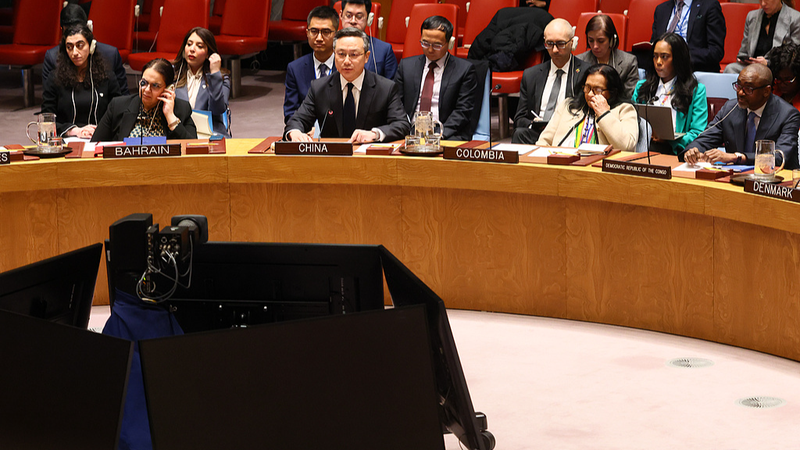2025 is a huge milestone for the Chinese mainland—it marks the end of the 14th Five-Year Plan and the kickoff of the 15th. But what's next for the world's second-largest economy? 🤔
He Ping, associate dean of the School of Economics and Management at Tsinghua University, argues that reforming the financial system is key to unlocking the Chinese mainland's next growth chapter. "We need a more market-driven interest rate mechanism," he says. "This will help capital flow to the most innovative and high-value sectors."
What are his top picks for reform? First, deepen interest rate liberalization. By letting the market set rates, banks will compete on efficiency and innovation. Second, strengthen capital markets. Easier access to equity and bond financing means more startups and small businesses can scale up. Third, boost FinTech and green finance to align with global trends and sustainability goals. 🌱💰
He Ping also highlights the role of digital currencies. The digital yuan can streamline payment systems, cut costs, and expand financial inclusion—especially for underbanked communities. But he cautions that robust risk controls and data security safeguards must come first. 🔐
Looking ahead to the 15th Five-Year Plan, He Ping envisions the Chinese mainland as a true financial powerhouse. "Our goal is to integrate more deeply with global markets, while keeping risks in check," he says. "If we get this right, the next decade could be China's most dynamic yet." 🚀
Whether you're a budding entrepreneur, investor, or curious student, these reforms could shape opportunities in the Chinese mainland and beyond. Stay tuned as the financial roadmap unfolds! 📈🌏
Reference(s):
He Ping: Financial system reform and China's future economic growth
cgtn.com




